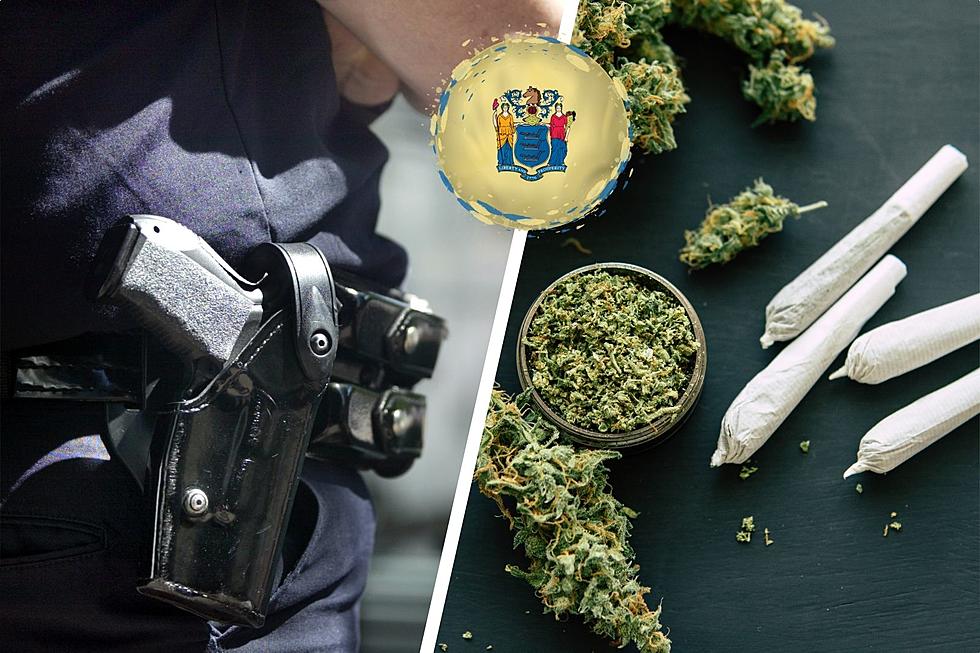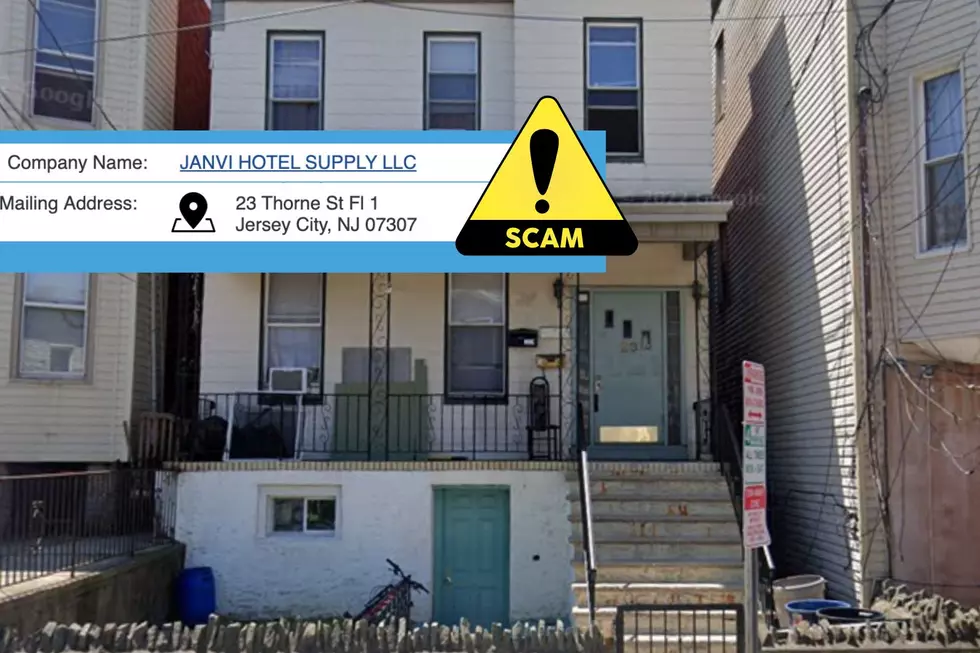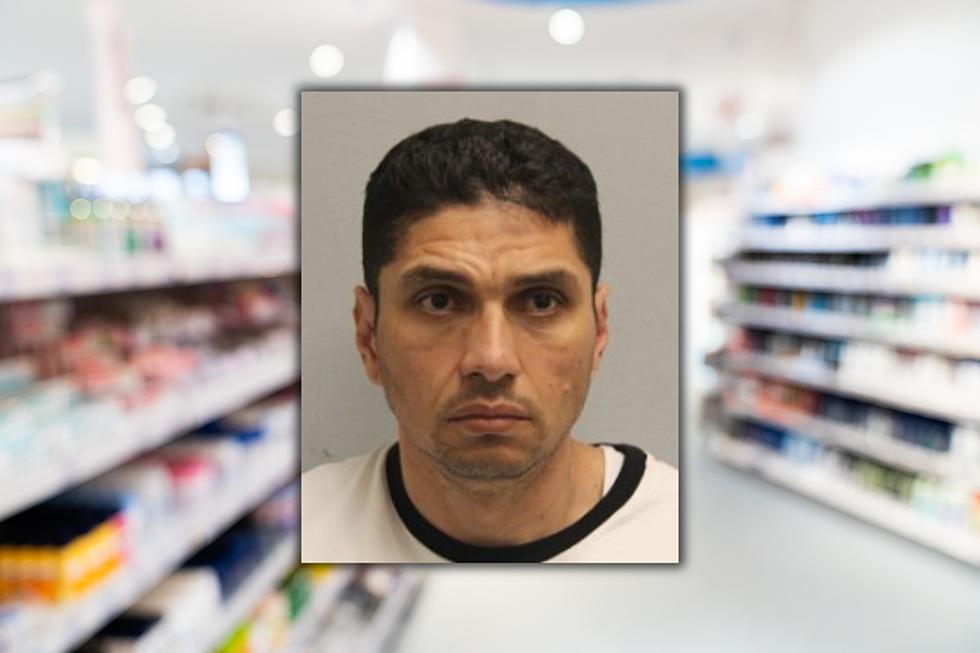
Jersey City Takes Murphy Administration to Court Over Marijuana Rules
JERSEY CITY — Police officers using cannabis, regardless of whether it was off-duty, can no longer carry firearms under federal law that conflicts with state law, according to Jersey City leaders who have filed a federal lawsuit.
In announcing the legal action on Tuesday, Jersey City Mayor Steven Fulop said that New Jersey was the only state to legalize marijuana use that did not have “reasonable carve outs” that allow certain employers to enforce restrictions as a matter of safety.
The lawsuit asks a judge to restrain the state from forcing the city to rehire officers who are known users of marijuana.
“If one of our officers wants to, they can smoke as much as they want. But they can no longer perform the duties of a police officer and we will have to terminate them, if we become aware of it,” Jersey City Public Safety Director James Shea said, alongside Fulop at the same press conference.
The New Jersey Cannabis Regulatory Enforcement Assistance and Marketplace Modernization Act (CREAMMA) was signed into law in 2021.
Part of the law bans employers from taking any adverse action against any employee solely for testing positive for cannabis.
There was a time after the CREAMMA passed that random drug testing was still required of law enforcement.
Five different Jersey City officers tested positive for cannabis use.
They were each offered any other civil service, public safety employment that did not require carrying a firearm, which they all declined, according to Shea.
Random drug testing of police for marijuana in New Jerset has since been changed.
Cannabis use tests still cannot indicate when used
Another complication — a lack of accurate testing to distinguish between off-duty cannabis use among armed law enforcement.
“Two years after this law was passed, there is still no test that can tell us that,” Shea said.
Available drug tests simply show levels of THC in a person’s system but are not sensitive enough to show a specific estimate as to when cannabis use happened.
“We’re between a rock and a hard place here with these two laws that directly contradict each other. One is clearly supreme, that’s what we’re asking for the judge to rule on,” Shea said.
Read More: Cops can use weed, NJ commission rules
“No one has been able to explain to the city how we comply with federal law and state law at the same time,” attorney Art Thibault, who filed the federal lawsuit, said.
Fulop said it’s already easy for the public or media to second-guess some of the “split-second decisions from police officers, between life and death,” even before adding the layer of whether a person was legally impaired.
The mayor also said the bigger conversation was not just police officers, as “New York has a long list of professions” that are carved out in their legislation.
Shea said of Jersey City being the first to sue the state, he believed there were “a lot of free riders going on,” as other municipalities were okay with letting the city foot attorney bills to get a judge’s ruling.
He said it could also be that Jersey City police officers were the first ones to test for cannabis use before the state’s required random drug testing was changed.
Cannabis still illegal under federal law
Cannabis has remained a Schedule I controlled substance according to the Drug Enforcement Administration, the same level as heroin and LSD.
Schedule I substances “have no currently accepted medical use in the United States, a lack of accepted safety for use under medical supervision, and a high potential for abuse," a classification at odds with many state laws and growing consensus in favor of legalization of marijuana.
On Aug. 29, the U.S. Department of Health and Human Services recommended to the DEA that marijuana be moved to Schedule III, which would put cannabis alongside substances such as prescription Tylenol-codeine.
“Substances in this schedule have a potential for abuse less than substances in Schedules I or II and abuse may lead to moderate or low physical dependence or high psychological dependence” according to the DEA website.
Fulop said the recent, renewed federal request to remove cannabis from its top CDS listing “does not change the facts on the ground.”
Following the recommendation, the DEA was expected to conduct its own review of marijuana, according to a Congressional Research Service report last month.
In its report, the CRS said it was "unaware of any instance where DEA has rejected an FDA recommendation to reschedule."
Top NJ contributions to President Biden's re-election campaign
Gallery Credit: New Jersey 101.5
LOOK: 50 Beloved Retail Chains That No Longer Exist
Gallery Credit: Madison Troyer
More From WPG Talk Radio 95.5 FM










